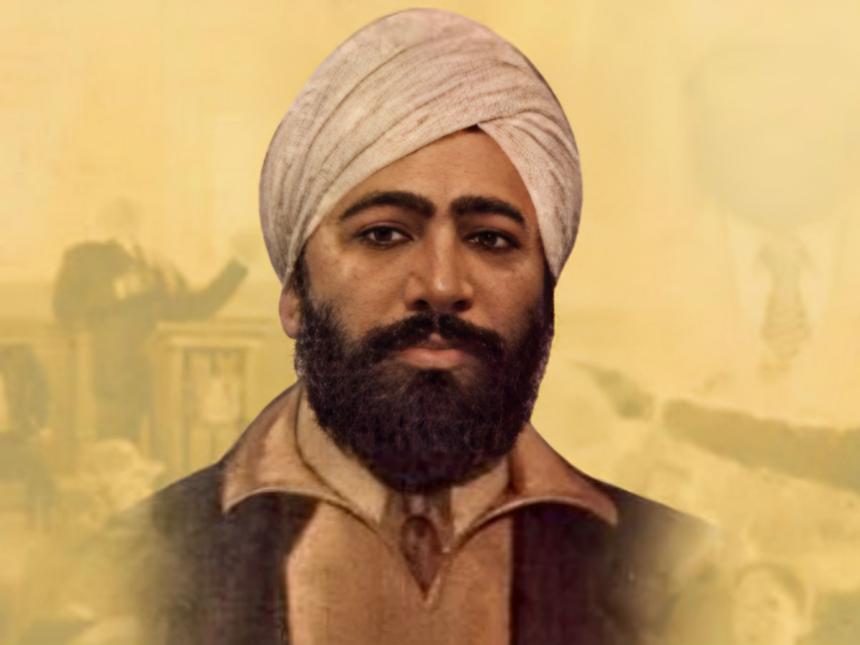Shaheed Udham Singh biography : Udham Singh was a Gadar Party member and a freedom fighter. To exact revenge for the Jallianwala Bagh massacre, he assassinated Michael O’Dwyer, the former lieutenant governor of Punjab, India, in London. On July 31, 1940, he was hanged for his murder.
Shaheed Udham Singh biography : Introduction
Udham Singh, a valiant freedom fighter associated with the Gadar Party, etched his name in history by avenging the infamous Jallianwala Bagh massacre. His life, marked by sacrifice and determination, serves as a beacon of inspiration for generations to come. In this article, we delve into the birth, early life, Jallianwala Bagh massacre, the assassination of Michael O’Dwyer, and the enduring legacy of Shaheed Udham Singh.
ALSO READ : Field Marshal Sam Manekshaw : Architect Of Victory And Military Legend

Udham Singh : Birth and early life
Born on December 26, 1899, in Sunam, Sangrur district of Punjab, India, Udham Singh’s early life was marked by adversity. After the death of his father, he and his brother were raised by the Central Khalsa Orphanage in Amritsar. Despite the challenges, Singh excelled academically, passing his Matriculation Examination in 1918.
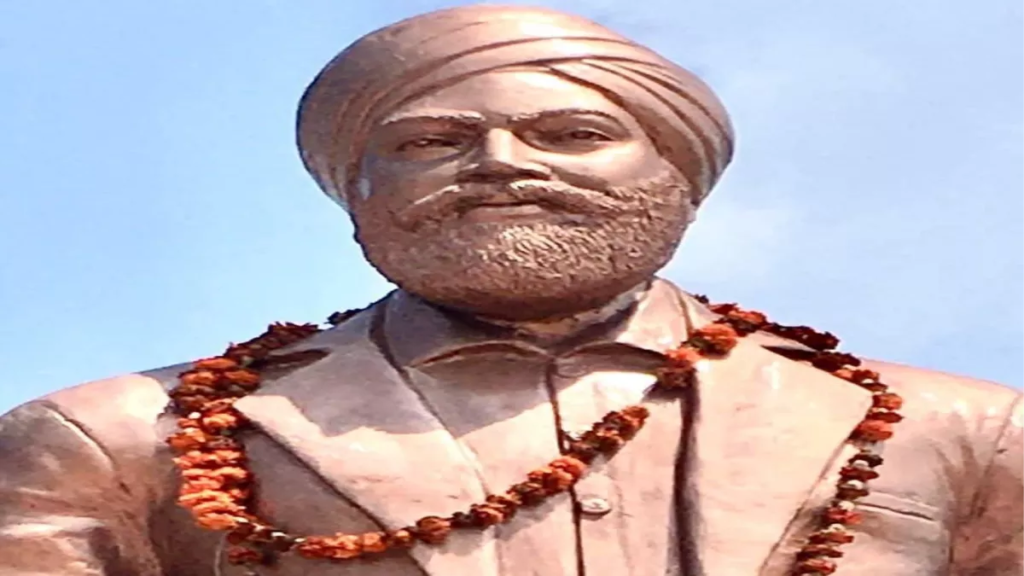
Jallianwala Bagh Massacre
The watershed moment in Udham Singh’s life occurred during the Jallianwala Bagh massacre on April 13, 1919. Serving water to protestors alongside his friends from the orphanage, Singh witnessed the ruthless actions of General O’Dwyer, who callously opened fire on unarmed civilians, leaving an indelible mark on his psyche.
In the aftermath, Udham Singh embraced revolutionary politics, aligning himself with the Ghadar Party in 1924. His fervor for overthrowing British rule led to his arrest in 1927, resulting in a five-year prison term.
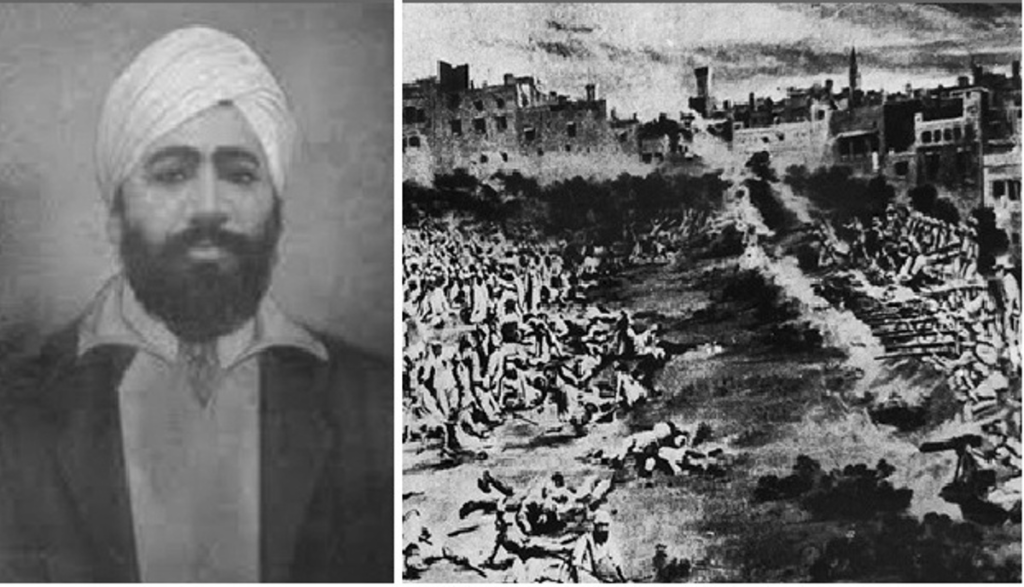
Assassination of O’Dwyer
Released in 1931, Singh’s mission for justice continued. Evading Punjab Police, he reached London in 1935. On March 13, 1940, at a joint meeting, Singh assassinated Michael O’Dwyer, the orchestrator of the Jallianwala Bagh massacre. Singh’s act of retribution echoed his deep-seated commitment to the cause.

Trial and execution
Following O’Dwyer’s assassination, Singh faced formal charges on April 1, 1940. His trial at the Central Criminal Court, Old Bailey, showcased his unyielding spirit. He proudly proclaimed, “I did it because I had a grudge against him. He deserved it. I am dying for my country.” On July 31, 1940, Udham Singh was executed, leaving behind a legacy of unparalleled sacrifice.

Remains at Jallianwala Bagh
In 1974, Udham Singh’s mortal remains were repatriated to India at the request of MLA Sadhu Singh Thind. His ashes were scattered in the Sutlej river, and a sealed urn containing some of his ashes was placed at Jallianwala Bagh, symbolizing his eternal connection to the soil he fought for.
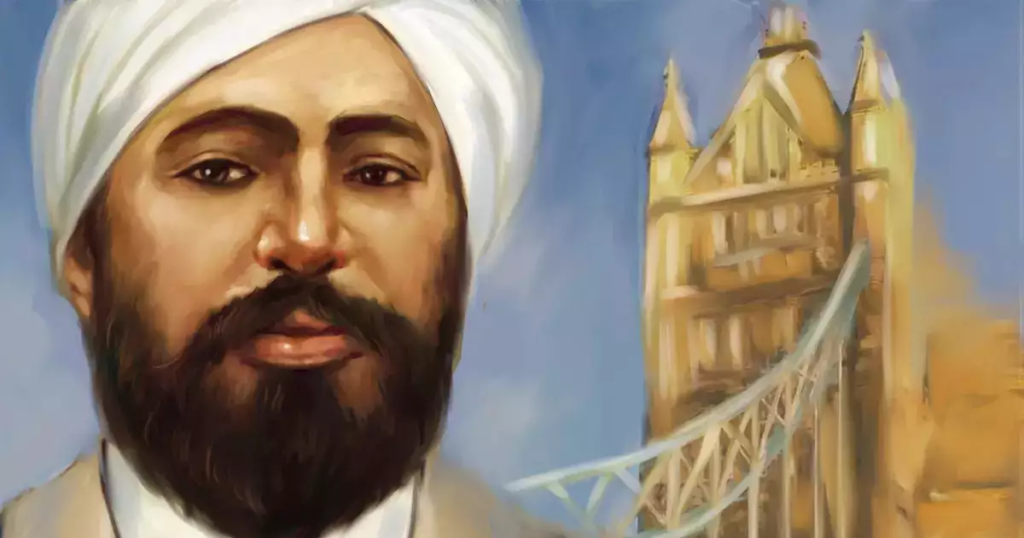
Legacy
Udham Singh’s legacy lives on through various tributes and commemorations:
- A charity dedicated to Udham Singh operates on Soho Road, Birmingham.
- A museum near Jallianwala Bagh, Amritsar, honors his memory.
- Udham Singh’s belongings are displayed at the Black Museum of Scotland Yard.
- Films like “Jallian Wala Bagh” (1977) and “Shaheed Uddham Singh” (2000) immortalize his story.
- Udham Singh Nagar district in Uttarakhand bears his name.
- His life inspired the track “Assassin” by the Asian Dub Foundation.
- Chowks and statues across India, like in Anupgarh, Rajasthan, pay homage to his courage.
- His execution day is a public holiday in Punjab and Haryana.
- The music video “Frank Brazil” (2015) by The Ska Vengers commemorates his legacy.
- A 10 ft tall statue of Udham Singh was unveiled at the main entrance of Jallianwala Bagh in 2018.l
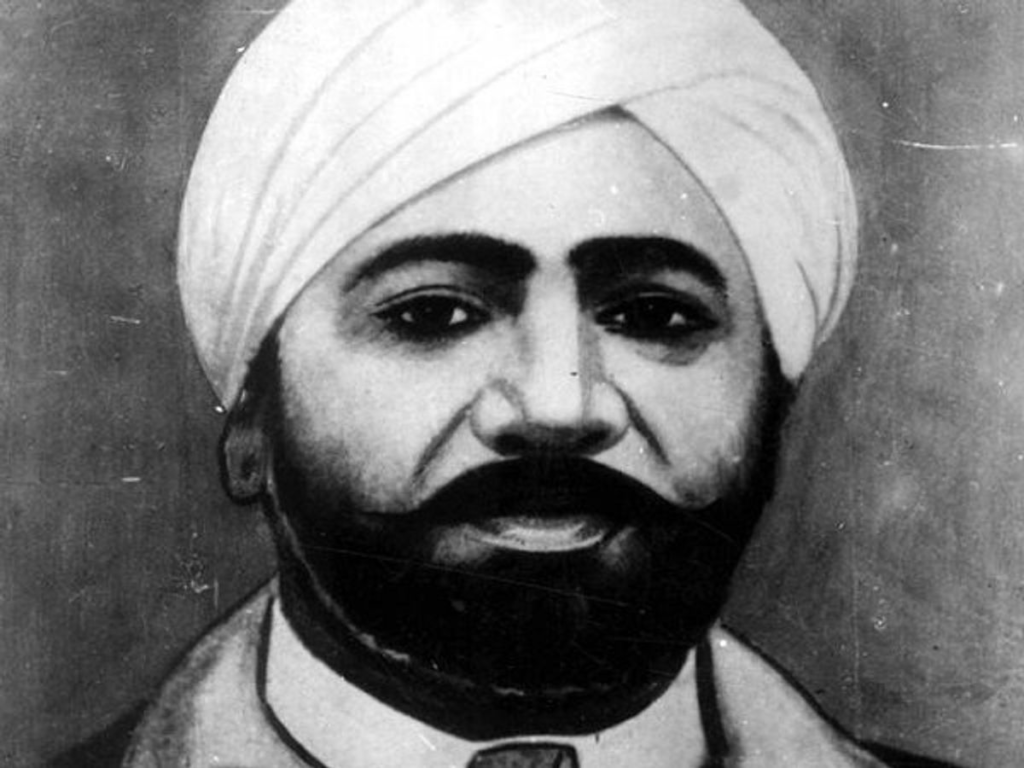
Conclusion
Shaheed Udham Singh’s life exemplifies the resilience of a true patriot who sought justice for his people. His actions reverberate through time, reminding us of the sacrifices made in the pursuit of freedom. The legacy of Udham Singh continues to inspire and kindle the flame of patriotism in the hearts of those who cherish the values of liberty and justice.
To explore more news : Click Here
ALSO READ : Swami Vivekananda : Bridging East And West, Spirituality And Progress







